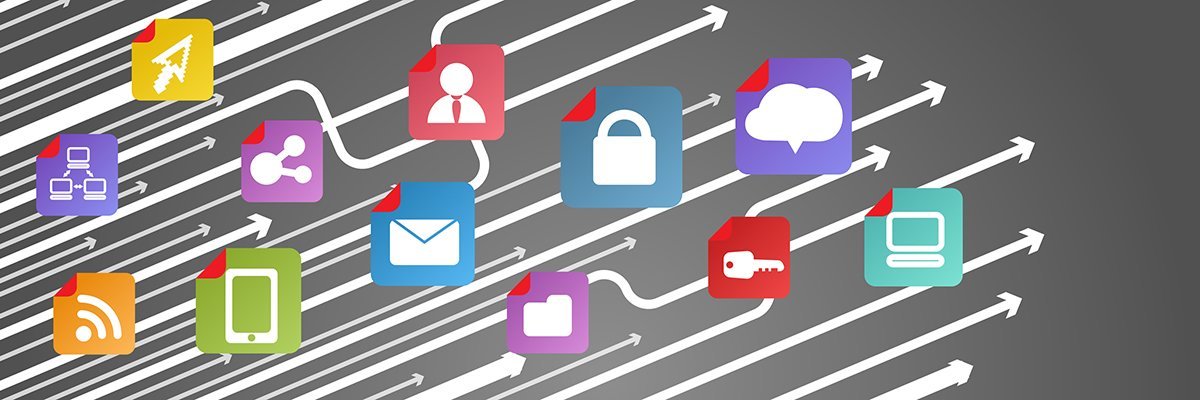Nearly 60% of CIOs believe a recession this year is likely or already underway, according to a study from Boston Consulting Group (BCG). Its latest CIO spending survey, conducted in April 2025, found a sharp shift in sentiment. BCG noted that the introduction of tariffs and the risk of an economic slowdown are driving IT leaders to tighten budgets and reprioritise investments.
When BCG looked at IT budget plans for the year, prior to the tariff announcements, more than three-quarters of IT leaders said they had been planning to increase their budgets by an average of 4%. Following the introduction of new tariffs, BCG found that those planning to increase their budgets had declined to just 56%, and their anticipated average increase fell to 2.4%.
The survey of 313 IT leaders across North America and Europe found that 58% of those polled are planning to put in place cost control measures. While 44% are planning to delay discretionary projects, 47% intend to invest in artificial intelligence (AI) and automation. In fact, 60% say they plan to deploy AI to mitigate the impact of tariffs.
BCG found that CIOs are also revising their longer-term sourcing strategies to prepare for potential trade disruptions. In addition to maintaining cost controls and boosting AI investments, it reported that around 40% expect to reassess their global sourcing mix and renegotiate supplier contracts over the next 12 months.
When asked when they are likely to resume IT projects that have been put on hold, the majority (45%) expect to restart them within six to 12 months, 10% expect to delay projects by a year, and 5% are unsure and may cancel those projects.
BCG noted that the decline in IT spending is dependent on how businesses expect the tariffs to impact them. The study found that industrial goods, retail, and travel and tourism face the largest slowdown in IT budgets, driven by tariff exposure and increased pressure on global supply chains. Financial services, healthcare, and tech and media, meanwhile, expect smaller declines in growth, as they are less directly affected by tariffs and policy changes.
“Tariffs and recession concerns are having ripple effects across IT budgets,” said Clark O’Niell, managing director and partner at BCG. “Hardware costs are rising, while software and services companies are facing reduced spending from customers affected by tariffs and broader economic challenges.”
Areas where IT leaders have cut back on spending include storage (42%), IT operations and management (42%), and server infrastructure (45%).
Given that some IT leaders plan to continue to invest in AI and automation to manage long-term cost reductions through productivity improvements, there is a risk that those who do not invest will fall behind.
BCG’s study found the focus on costs is occurring most markedly among firms with low to medium levels of AI maturity. According to BCG, such organisations are far more likely to focus on a few immediate cost-cutting actions and adopt a wait-and-see stance toward any larger structural changes that might deliver strategic advantage in the longer term.
